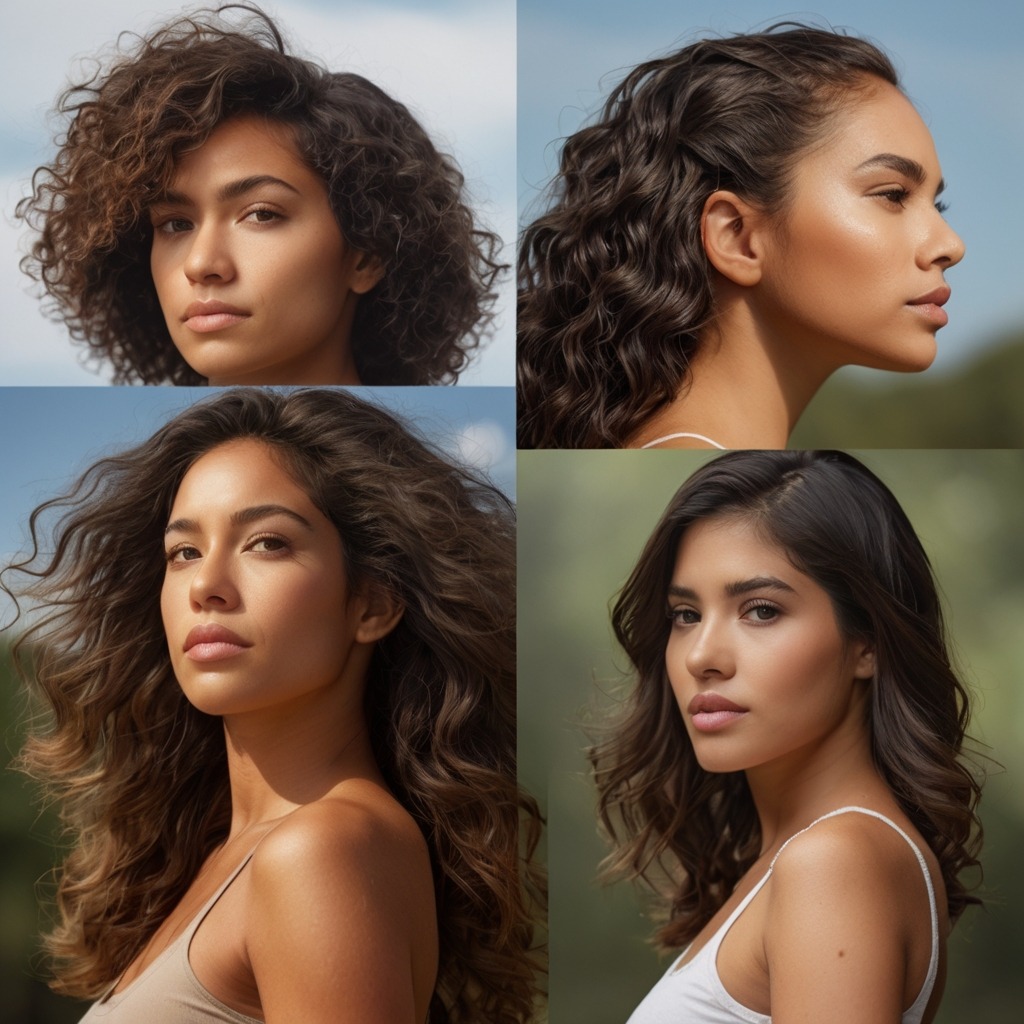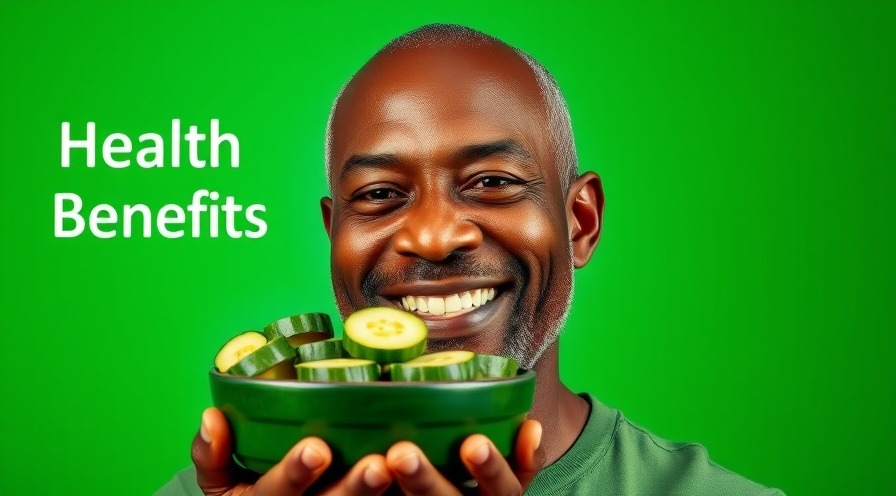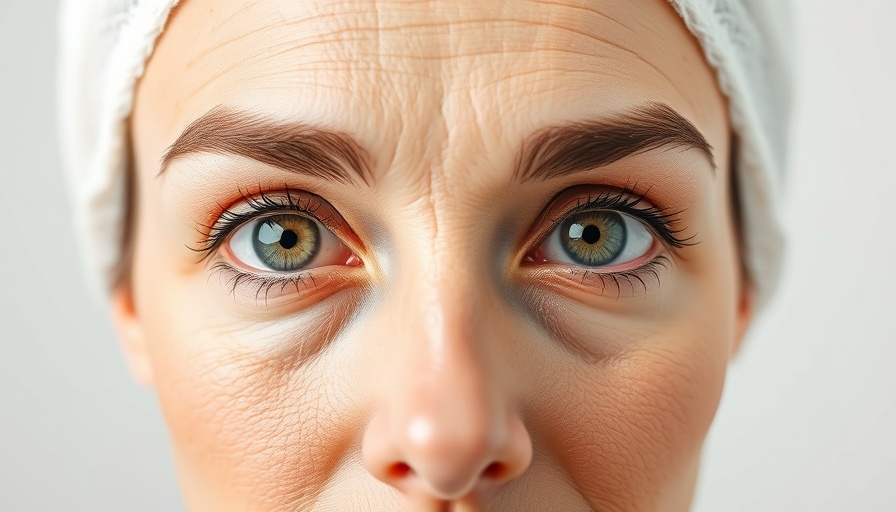
Scalp Science: Unlocking Your Hair's Full Potential in North Carolina's Climate
Ever had a "bad hair day" that turned into a bad hair week? Before you blame your shampoo (or the Carolina humidity), consider this: your scalp might be the real culprit. That's right—the foundation of gorgeous hair starts below the surface, and understanding your unique scalp type could be the game-changer your hair routine desperately needs.
Why Your Scalp Type Matters More Than You Think
Think of your scalp as the soil in which your hair grows. As Dr. Joshua Zeichner, Director of Cosmetic and Clinical Research in Dermatology at Mount Sinai Hospital in New York City, explains: "The scalp is an extension of the facial skin, but with more oil glands and obviously, more hair follicles. How we care for it directly impacts hair growth, texture, and overall appearance" (Zeichner, Journal of Cosmetic Dermatology, 2023).
In North Carolina, where we experience everything from sticky summer humidity to dry winter air, your scalp faces unique challenges throughout the year. Let's decode your scalp type and find your hair care holy grail.

The Four Main Scalp Types: Which One Is Yours?
Type 1: Oily Scalp
Signs you might have it:
Hair looks greasy by the end of the day (or even sooner)
Frequent need to shampoo
Dandruff that looks yellowish and sticky
Flat roots that won't hold style
If your scalp produces oil faster than a teenager's face before prom night, you're in the oily category. According to Dr. Francesca Fusco, a dermatologist specializing in scalp conditions at Wexler Dermatology, "Approximately 25% of people have naturally oily scalps due to overactive sebaceous glands. This can be genetic or hormone-related" (Fusco, Dermatology Practice, 2022).
What to use: Look for clarifying shampoos with ingredients like salicylic acid, tea tree oil, or charcoal. Products labeled "volumizing" are typically less heavy. Condition only your ends, not your roots.
NC Climate Tip: During humid summer months, you might need to shampoo daily. Consider keeping dry shampoo in your car for those especially sticky afternoons (but don't rely on it exclusively—your scalp needs actual cleansing).
Type 2: Dry Scalp
Signs you might have it:
Flakes that are small, white, and powdery
Itchiness and tightness
Dull, brittle hair
Possibly accompanied by dry skin elsewhere
If your scalp feels tighter than your budget after holiday shopping, you're probably dealing with a dry scalp. The hallmark? Those tiny white flakes that seem to multiply the moment you wear dark clothing.
What to use: Moisturizing, sulfate-free shampoos and hydrating scalp treatments containing ingredients like hyaluronic acid, aloe vera, or shea butter. Look for products labeled "hydrating" or "moisturizing."
NC Climate Tip: Dr. Alan Bauman, board-certified hair restoration physician, notes that "Indoor heating during winter months can reduce humidity levels to desert-like conditions, dramatically increasing scalp dryness" (Bauman, International Journal of Trichology, 2021). Consider using a humidifier at night and deep conditioning treatments weekly during colder months.
Type 3: Sensitive Scalp
Signs you might have it:
Redness or pink patches
Burning or tingling sensations
Reacts negatively to many products
Possibly accompanied by conditions like eczema or psoriasis
If your scalp throws a temper tantrum every time you try a new product, you likely have a sensitive scalp. Research from the American Academy of Dermatology suggests that approximately 60% of women and 40% of men report some degree of scalp sensitivity (AAD Annual Meeting Proceedings, 2023).
What to use: Fragrance-free, hypoallergenic formulas with minimal ingredients. Look for soothing components like oat extract, chamomile, or bisabolol. Avoid products with sulfates, parabens, and artificial fragrances.
NC Climate Tip: UV exposure can aggravate sensitive scalps. During those bright Carolina days, wear a hat or use hair products with UV protection when spending time outdoors.
Type 4: Combination Scalp
Signs you might have it:
Oily roots but dry ends
Different issues in different seasons
Dandruff in some areas but not others
If your scalp is more indecisive than someone ordering at The Cheesecake Factory, you probably have a combination scalp. Dr. Nikki Hill, board-certified dermatologist and hair specialist based in Atlanta, explains: "Many people have combination scalps—oily in the crown and dry at the temples, or changing with hormonal fluctuations throughout the month" (Hill, Cutaneous Medicine, 2022).
What to use: You might need different products for different areas or rotate your routine seasonally. Consider lightweight, balancing formulas and occasional clarifying treatments.
NC Climate Tip: Keep two different shampoo/conditioner sets—one for humid days and another for dry conditions.

Beyond Products: Scalp Care Practices That Work
Understanding your scalp type is just the beginning. Here are evidence-based practices to maintain scalp health:
Proper cleansing technique: Dr. Shereene Idriss, a NYC-based dermatologist, recommends focusing on massaging the scalp rather than the hair itself: "Spend at least 60 seconds massaging shampoo into your scalp using fingertips, not nails. This stimulates blood flow and ensures proper cleansing" (Idriss, Clinical Dermatology Review, 2023).
Scalp exfoliation: Just as you exfoliate your face, your scalp occasionally needs deeper cleansing. A 2021 study in the International Journal of Trichology found that regular scalp exfoliation improved hair growth by 35% in participants by removing buildup that can clog follicles.
Water temperature matters: That steaming hot shower might feel amazing, but it's stripping your scalp of essential oils. Lukewarm water is ideal for cleansing without over-drying.
Diet and hydration: "The health of your hair begins from within," notes Dr. Carolyn Jacob, board-certified dermatologist and Director of Chicago Cosmetic Surgery and Dermatology. "Omega-3 fatty acids, biotin, zinc, and adequate protein intake all contribute to scalp health" (Jacob, Nutrition and Dermatology, 2022).
The Bottom Line: Listen to Your Scalp
Your scalp's needs may change with seasons, hormones, and age. The key is paying attention to how it responds and adjusting accordingly. What works for your best friend or that influencer you follow might not work for you—and that's perfectly normal.
Remember, healthy hair starts with a healthy scalp. So the next time you're tempted to buy that miracle hair product promising Rapunzel-like locks overnight, take a moment to consider what your scalp—not just your hair—really needs.
Medical Disclaimer: The information provided in this article is for educational purposes only and should not replace professional medical advice. If you experience persistent scalp issues, please consult with a dermatologist or healthcare provider.
 Add Row
Add Row  Add
Add 




 Add Row
Add Row  Add
Add 

Write A Comment